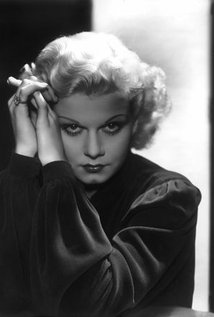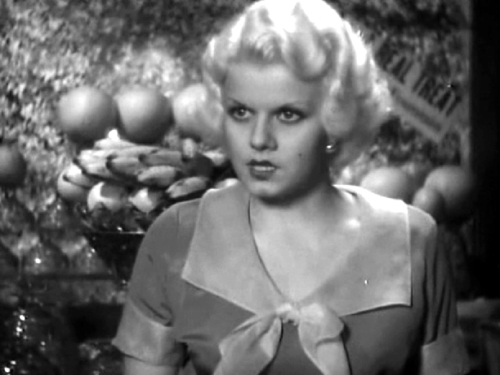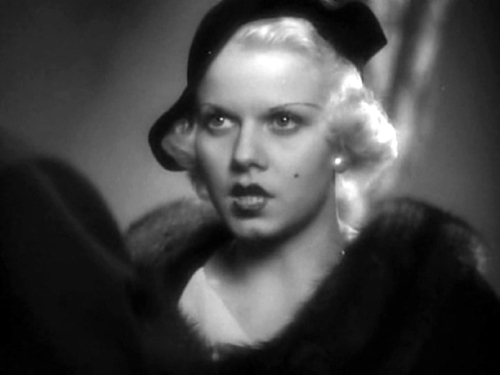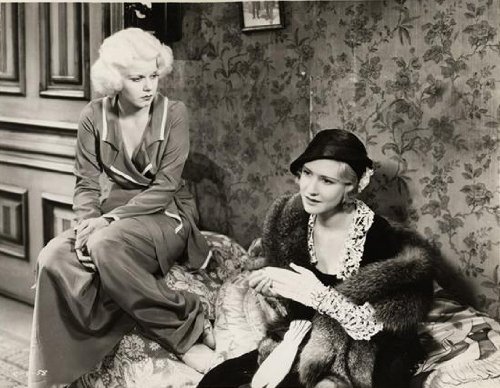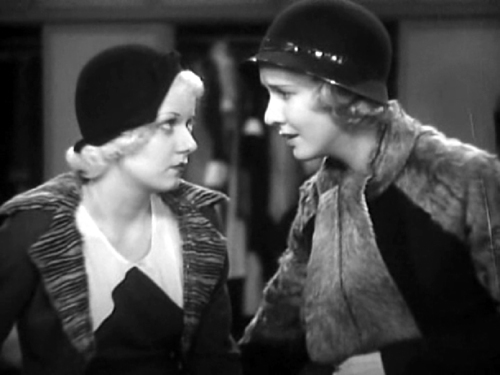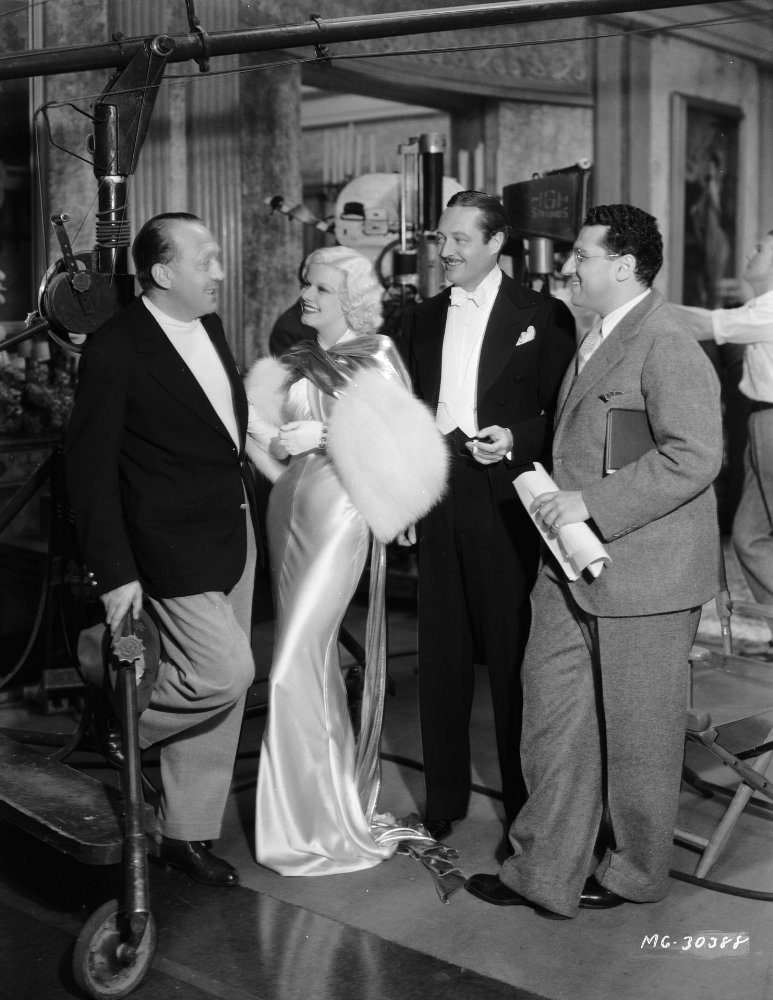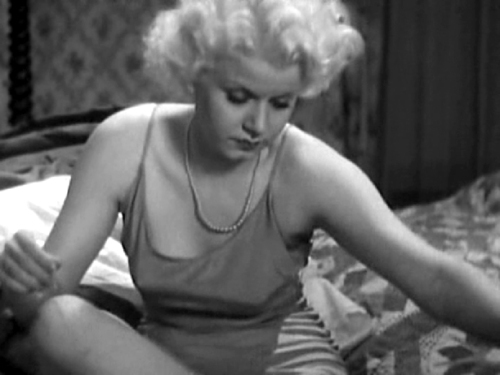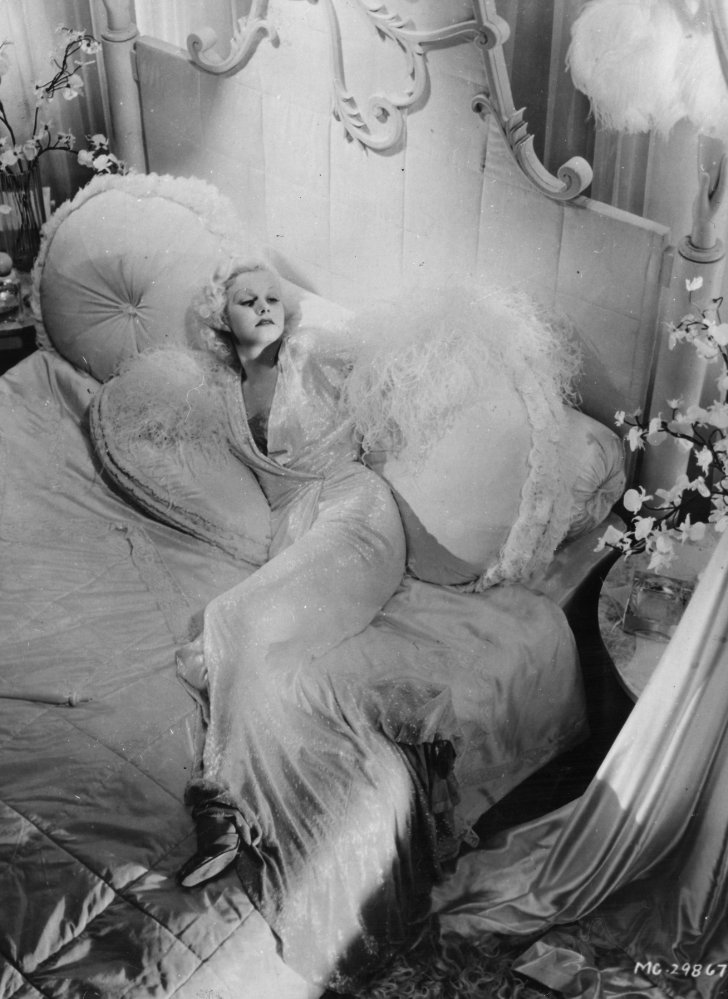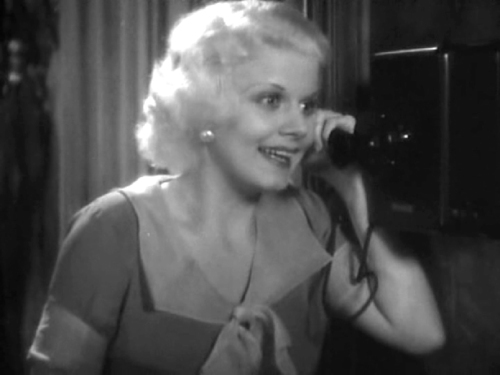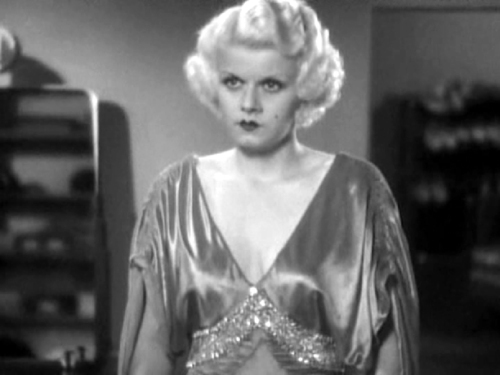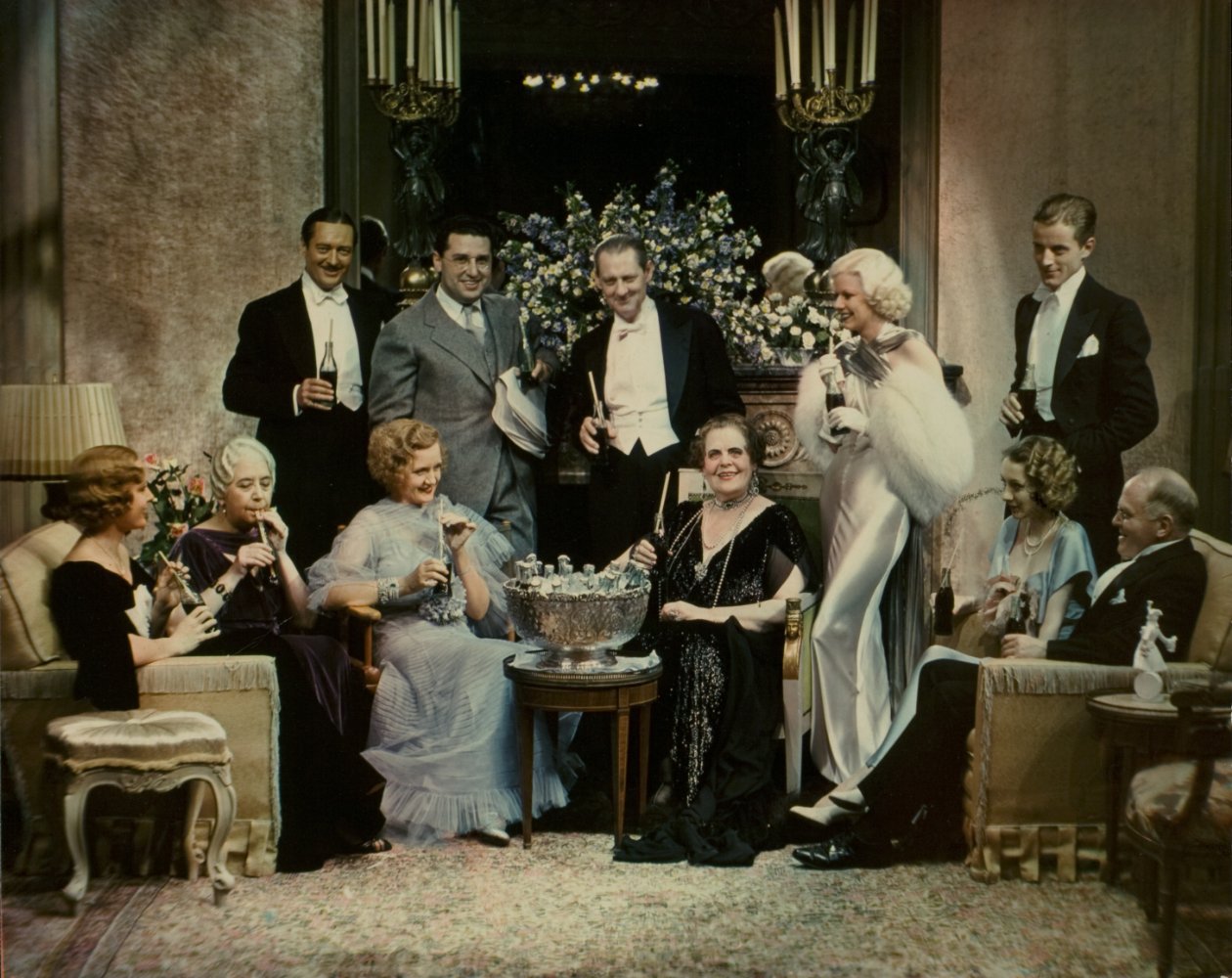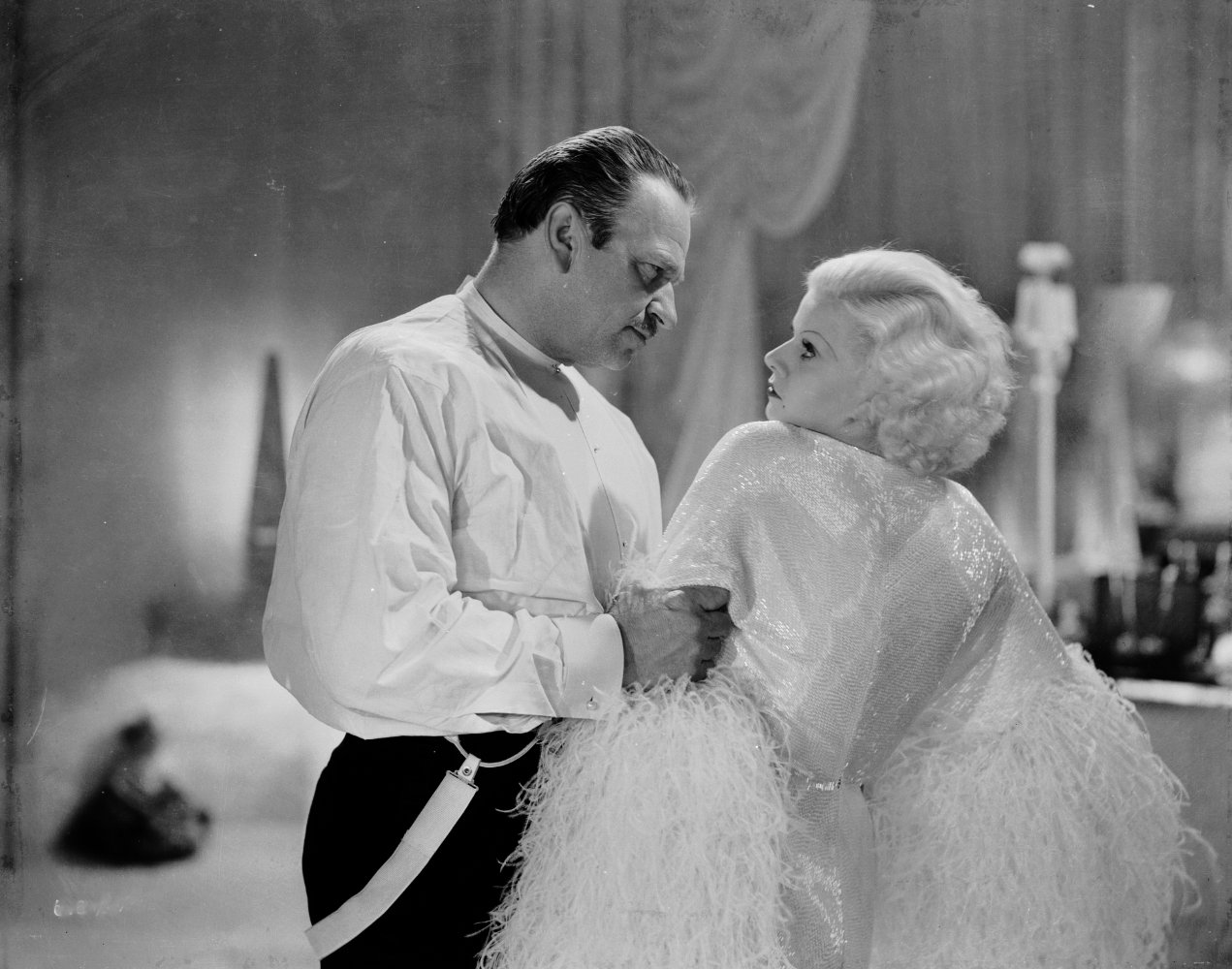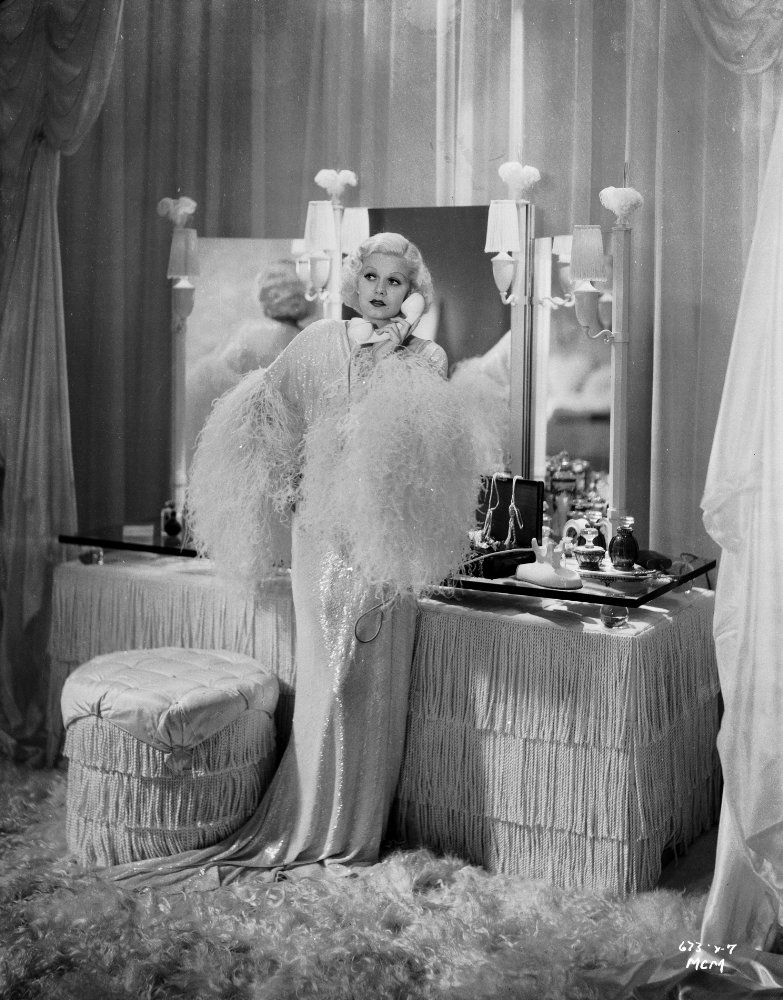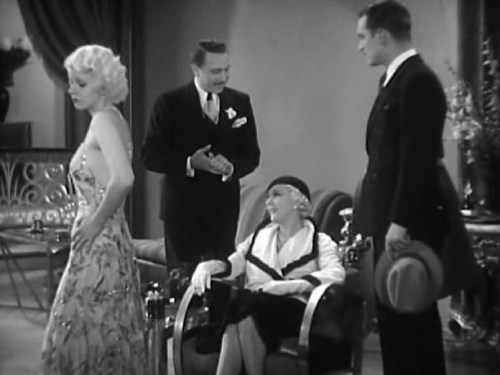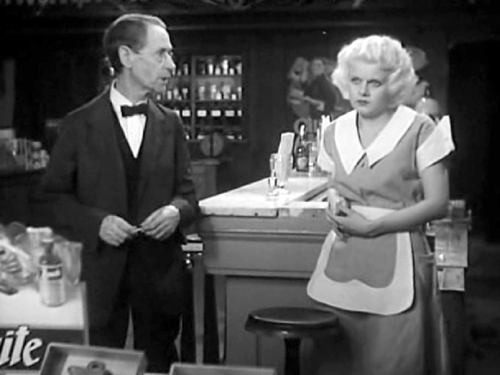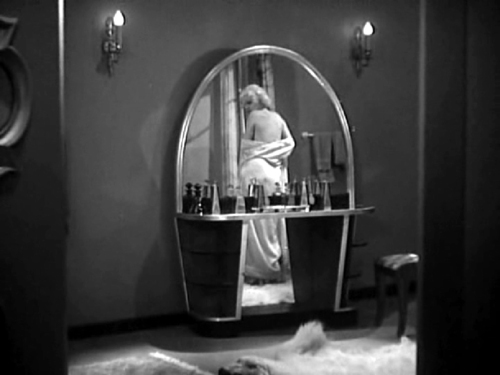Harlean Carpenter, who later became Jean Harlow, was born in Kansas City, Missouri, on March 3, 1911. She was the daughter of a successful dentist and his wife. In 1927, at the age of 16, she ran away from home to marry a young businessman named Charles McGrew, who was 23. The couple pulled up stakes and moved to Los Angeles, not long after they we...
Show more »
Harlean Carpenter, who later became Jean Harlow, was born in Kansas City, Missouri, on March 3, 1911. She was the daughter of a successful dentist and his wife. In 1927, at the age of 16, she ran away from home to marry a young businessman named Charles McGrew, who was 23. The couple pulled up stakes and moved to Los Angeles, not long after they were married, and it was there Jean found work as an extra in films, landing a bit part in Moran of the Marines (1928). From that point on she would go to casting calls whenever she could. In 1929 she had bit parts in no less than 11 movies, playing everything from a passing woman on the street to a winged ballerina. Her marriage to McGrew turned out to be a disaster--it lasted barely two years--and they divorced. The divorce enabled her to put more of her efforts into finding roles in the movie business. Although she was having trouble finding roles in feature movies, she had more luck in film shorts. She had a fairly prominent role in Hal Roach's Double Whoopee (1929). Her big break came in 1930, when she landed a role in Howard Hughes' World War I epic Hell's Angels (1930), which turned out to be a smash hit. Not long after the film's debut, Hughes sold her contract to MGM for $60,000, and it was there where her career shot to unprecedented heights. Her appearance in Platinum Blonde (1931) cemented her role as America's new sex symbol. The next year saw her paired with Clark Gable in John Ford's Red Dust (1932), the second of six films she would make with Gable. It was while filming this picture (which took 44 days to complete at a cost of $408,000) that she received word that her new husband, MGM producer Paul Bern, had committed suicide. His death threatened to halt production of the film, and MGM chief Louis B. Mayer had even contacted Tallulah Bankhead to replace Harlow if she were unable to continue, a step that proved to be unnecessary. The film was released late in 1932 and was an instant hit. She was becoming a superstar. In MGM's glittering all-star Dinner at Eight (1933) Jean was at her comedic best as the wife of a ruthless tycoon (Wallace Beery) trying to take over another man's (Lionel Barrymore) failing business. Later that year she played the part of Lola Burns in director Victor Fleming's hit Bombshell (1933). It was a Hollywood parody loosely based on Clara Bow's and Harlow's real-life experiences, right down to the latter's greedy stepfather, nine-room Georgian-style home with mostly-white interiors, her numerous pet dogs - right down to having her re-shoot scenes from the Gable and Harlow hit, Red Dust (1932) here! In 1933 Jean married cinematographer Harold Rosson, a union that would only last eight months (although Rosson lived another 53 years, he never remarried). In 1935 she was again teamed with Gable in another rugged adventure, China Seas (1935) (her remaining two pictures with Gable would be Wife vs. Secretary (1936) and Saratoga (1937)). It was her films with Gable that created her lasting legacy in the film world. Unfortunately, during the filming of Saratoga (1937), she was hospitalized with uremic poisoning. On June 7, 1937, she died from the ailment. She was only 26. The film had to be finished by long angle shots using a double. Gable said he felt like he was in the arms of a ghost during the final touches of the film. Because of her death, the film was a hit. Record numbers of fans poured into America's movie theaters to see the film. Other sex symbols/blonde bombshells have followed, but it is Jean Harlow who all others are measured against.
Show less «

